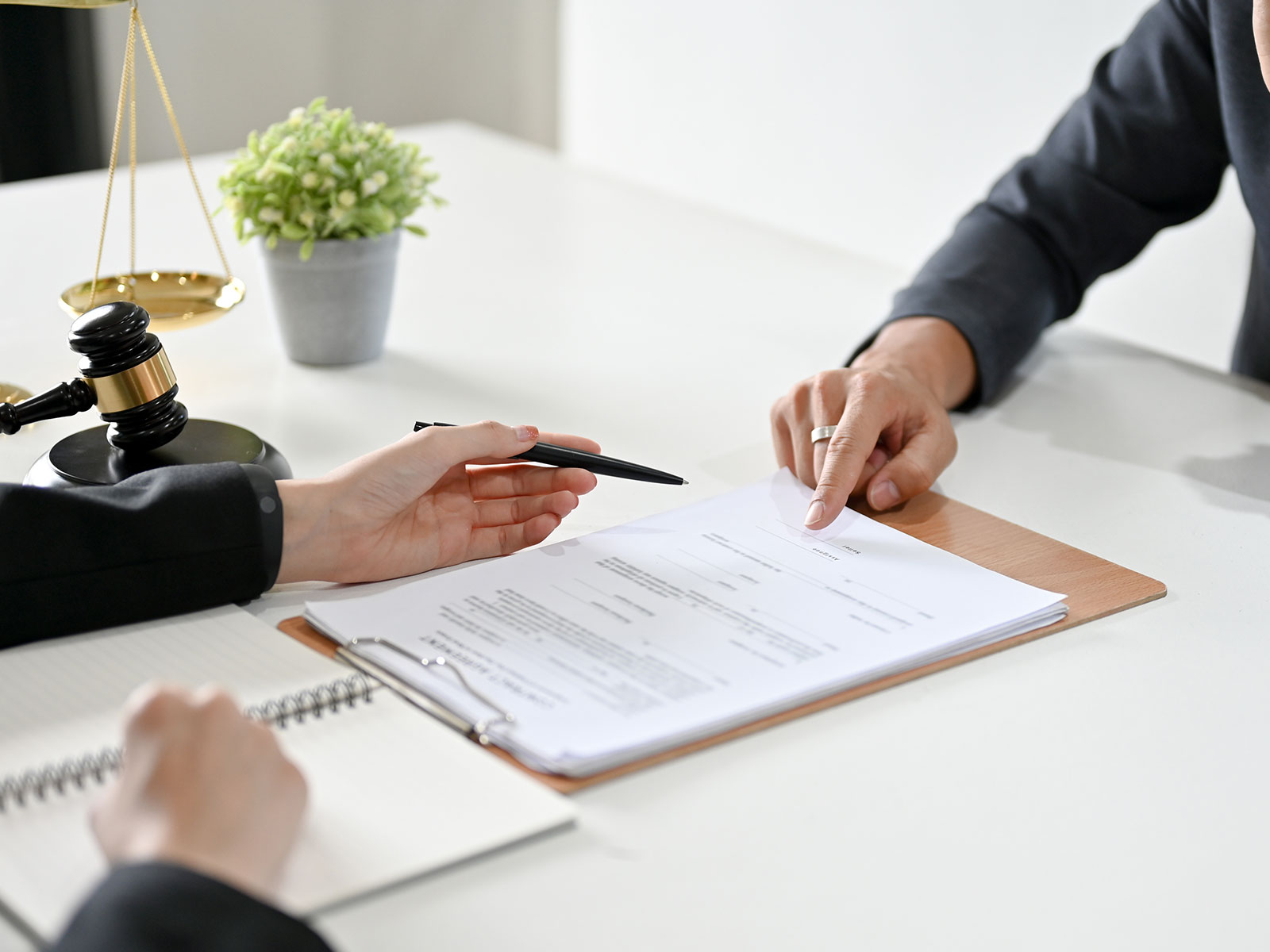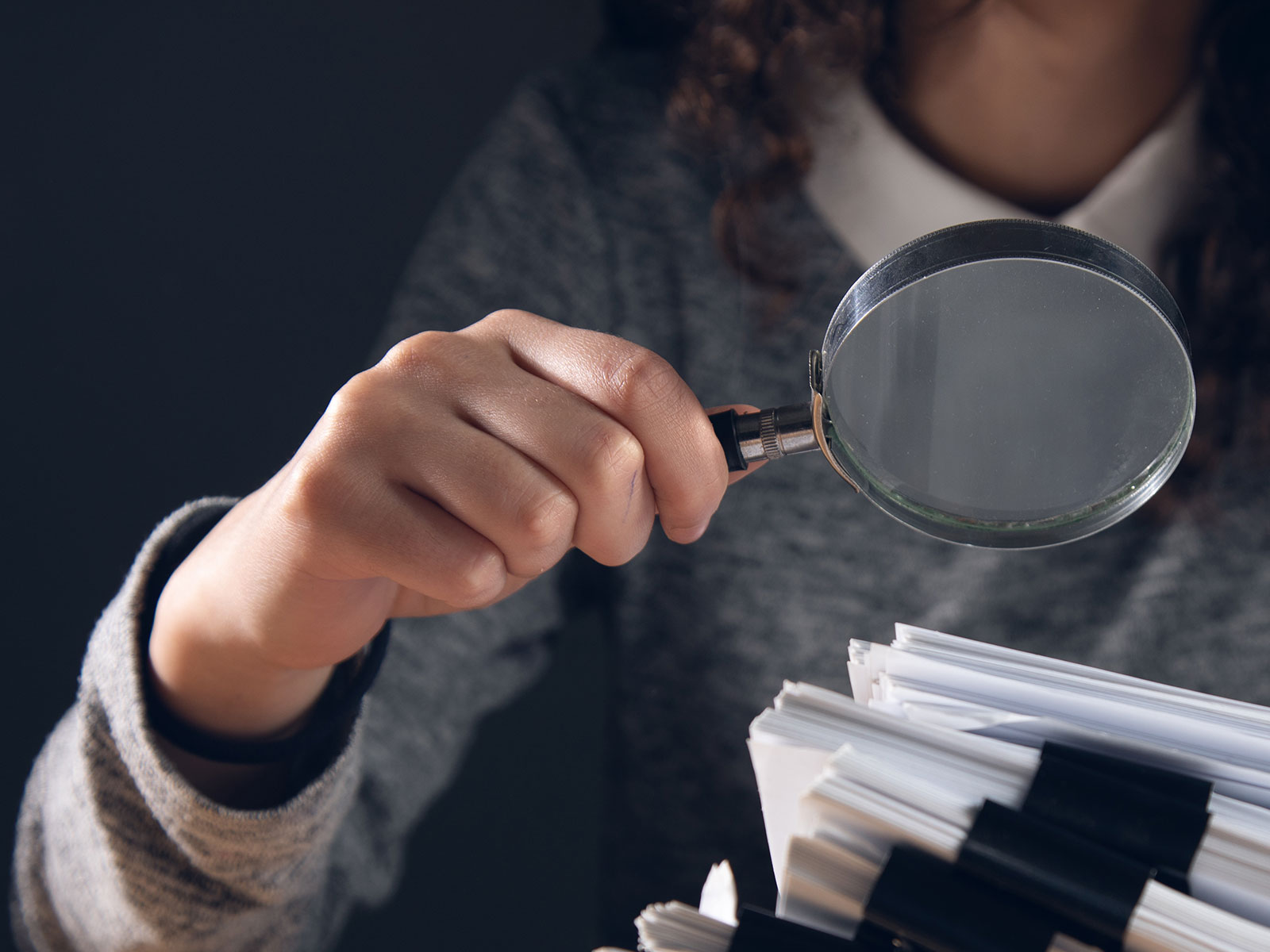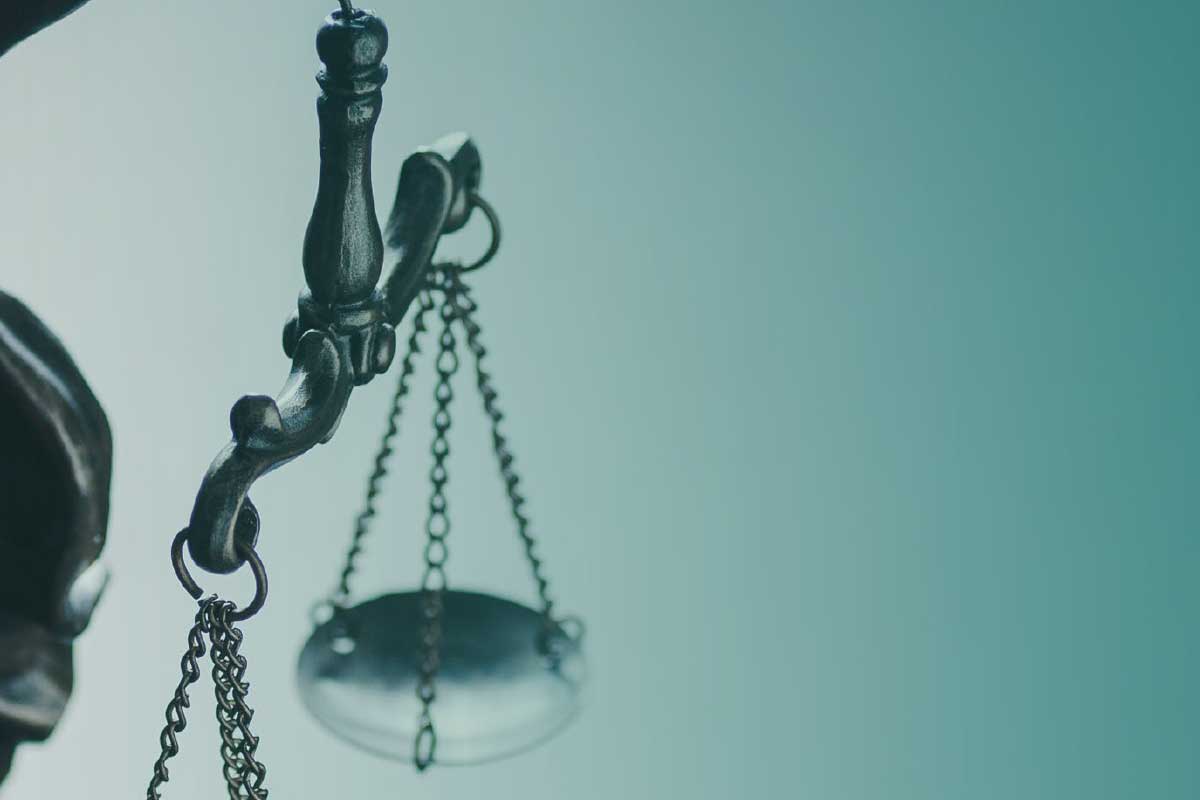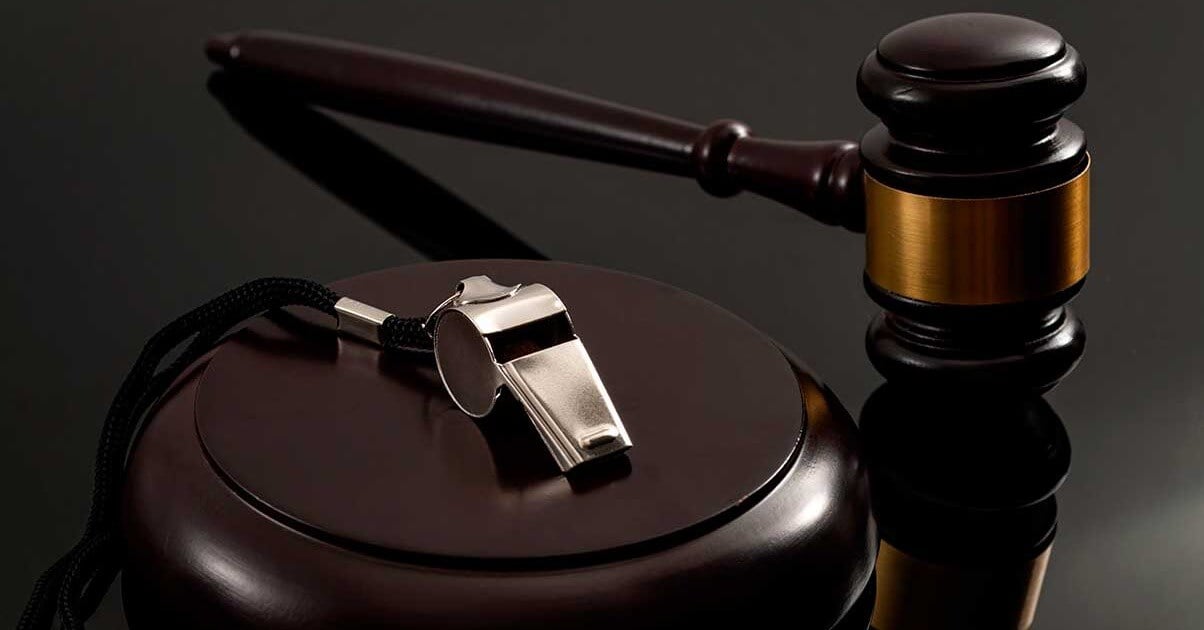Under the EU Whistleblowing Directive, qualifying entities must provide an internal whistleblowing reporting system that allows employees and other associated individuals to share details of behaviour that contravenes EU law and, in many member states, national law, too. The company must then investigate the matter, and a key element of this investigation involves interviewing the whistleblower. To help you uncover the important information you need to carry out your enquiries, we have collated a list of whistleblower interview questions that you can implement.
The European Union introduced the directive to protect people who report wrongdoing at work from retaliation. Before the directive, the EU had seen occurrences such as the LuxLeaks scandal, where Antoine Deltour exposed large-scale tax evasion in Luxembourg. But, rather than being feted for his actions by his employer, he was fined and handed a suspended jail sentence for sharing the documents.
The idea behind the EU Whistleblowing Directive is to eliminate the barrier of fear that might prevent reporting persons from coming forward with information that could shed light on illegal activity within an organisation. The union recognises the importance of people who make reports, stating with the directive that whistleblowers “play a key role in exposing and preventing such breaches [of the law] and in safeguarding the welfare of society”.
In order to protect your organisation from corrupt behaviour that could lead to financial and reputational damage, you must get the investigation right. This article is intended to help you do that.
1. Conducting an investigation
There are rules within the directive dictating how an investigation should occur:
- It must be conducted by an appropriate person or department that is independent and free from conflicts of interest.
- They should maintain the confidentiality of both the reporting person and any people accused of wrongdoing within the report.
- The person or department tasked with receiving the report should acknowledge receipt of it within seven days.
- The person or department tasked with investigating the report (which may or may not be the same as that which received the report) should, where necessary, ask further questions of the whistleblower to establish the facts more clearly. The whistleblower is, however, under no obligation to provide additional information if they do not wish to.
- The person or department investigating should provide a diligent follow-up on their findings and any outcomes within three months. This includes details of any potential action the company will take. If there is no clear outcome by this stage, the follow-up should inform the whistleblower of this and tell them when they can expect further feedback.
It is then the responsibility of the organisation to protect the whistleblower from potential retaliation. You should also take corrective action, including bringing disciplinary measures against anyone breaking the law and adjusting your systems to prevent such contraventions from occuring again in the future.
2. Conducting whistleblower interviews
When conducting whistleblower interviews, you want to gain the most information possible, but you must also bear in mind that the reporting person is under no obligation to provide more detail. This means you have to make them feel comfortable during the process. Ensure that they know what the expectations are, in terms of how long the interview might take and when they might be likely to hear the outcomes of your interviews. In addition, take breaks and provide refreshments for them.
Some tips for getting the most out of the whistleblower are:
- Ask them for their views of the incident or issue. Do not lead them – let them recall the events from their memory.
- Allow silences to happen. Often these get filled with information from the interviewee that you might have missed if you had jumped in.
- Keep an ear out for consistencies and inconsistencies in their story.
- Don’t be afraid to go over an answer again if you feel you didn’t fully understand what the interviewee was trying to say.
- Make sure you accurately record everything said. Recording the interview, with the consent of the interviewee, is advisable. You might also want to note down any physical cues you noticed. Take time straight after the interview to make detailed notes whilst the thoughts are still fresh in your mind. However, keep in mind that GDPR applies in combination with the EU Whistleblower Directive.
Alternatively, use the mailbox function on a digital whistleblowing reporting system to communicate in the written word, if the reporting person would prefer. This is a less pressured situation than a face-to-face interview and maintains an accurate written record of everything discussed.
3. What are the questions to ask a whistleblower?
There are different types of questions that you can ask whistleblowers, each serving a different purpose in terms of helping you with your investigation. Here is a summary of the different types of questions:
| Type of question | Qualities |
| Open questions | These encourage the interviewee to speak at length. They often start with phrases such as “tell me about…” and “please describe…”. |
| Confirmation questions | These establish facts, starting with “who”, “when”, “what”, “where”, “how” and “why”. |
| Focused questions | These are questions that narrow down on a specific point and usually require a yes or no answer, just to clarify matters. |
| Closed questions | Use these to reiterate the points made. Asking things like “Have I understood this correctly?” after summarising their points keeps the interview on track. |
| Completeness questions | Whilst you have the whistleblower’s attention, you should check if there is anything else they would like to say. It might be that the conversation moved between topics before they had mentioned all they wanted to report, so give them an opportunity to fill in the gaps by asking if they have anything to add. |
It is a good idea to have a template of questions ready for interviewing whistleblowers. Leaving it too long between the report and the interview can erode the informant’s trust in your company’s whistleblowing process. It could seem like you do not take their report seriously, so having set questions ready to go means you can move to the interview stage sooner.
4. Important questions to ask whistleblowers
4.1 Exactly what happened, where and when?
Establishing the facts of the case, in the whistleblower’s opinion, is the first step to understanding their report and the potential ramifications for the business. Let them explain what they witnessed, pinpointing the important details that will help you cross-reference any evidence and testimony from people accused of wrongdoing who you interview in the future.
4.2 Who was involved?
In order to investigate the allegations, you must identify the culprit. It is important that this person’s identity remains confidential throughout the investigation process, as does the whistleblower’s.
4.3 Do you have any evidence?
Evidence of any crime that is alleged to have taken place is helpful for your investigation, as it aids you in ascertaining the actual facts of the event. However, that is not to say that it is essential. Because some whistleblowing reports may revolve around breaches that can reasonably be expected to occur or breaches that have been covered up, there may not always be evidence. In addition, the reporting person may have felt that gathering evidence could have endangered their wellbeing. As such, the directive states that lack of evidence is not a reason for withholding the protection of a whistleblower.
4.4 Were there any witnesses?
Witnesses can corroborate the whistleblowing report. They should be afforded the same confidentiality as the reporting person and anyone accused of wrongdoing.
4.5 Were other employees doing the same thing? Was the wrongdoing widespread?
In order for the company to take the appropriate corrective action, you need to know whether it was a one-off contravention by a rogue employee or a systemic issue affecting the organisation. This dictates the scope of the investigation and the way in which you tackle the outcomes.
4.6 Has anything similar happened in the past?
This is another question that helps to understand the roots of the problem.
4.7 What were the consequences for the business?
Not only do you need to understand the illegal activities that took place, but you also have to know what happened as a result. If the misdeeds led to the company shipping substandard products, for example, this would have major consequences for its relationship with its customers. These consequences inform the scope of the investigation, the potential punishment for an offender and the corrective actions that must take place.
4.8 Are there any personal issues that may have a bearing on the report?
Reporting persons are protected from retaliation and legal action relating to breaches of contract and contravention of non-disclosure agreements connected to their reports. However, this is only the case if they “had reasonable grounds to believe that the information on breaches reported was true at the time of reporting”, according to the directive.
If, however, the report was made maliciously, as a result of a personal grudge or disagreement, that would change the nature of the investigation and the company’s obligations towards them.
4.9 Have you experienced retaliation?
One of the key roles of the EU Whistleblowing Directive is to oblige organisations to protect whistleblowers from retaliation by colleagues or the business in general for making their report.
5. FAQs
5.1 What are the three types of whistleblowing?
Under the directive, there are three methods of whistleblowing that reporting persons can undertake whilst remaining protected. They are:
| Type of report | Details |
| Internal | Reporting through a confidential whistleblowing system, dealt with by a competent and independent person, department or third party. |
| External | Reporting through an external body, set up by the member state’s national competent authority. |
| Public disclosure | Allowing the report to be made in public, through the press or social media. |
The directive encourages whistleblowers to make their report internally in the first place but understands that sometimes reporting persons may fear for their safety or have grounds to feel that they will not be given a fair hearing within the business. In this case, it is acceptable to report externally in the first instance. Whistleblowers who are unhappy with the outcome of the internal investigation should then also move to external reporting if they wish.
In cases where external reporting has not satisfied the whistleblower, or where they believe there is an imminent threat to the public interest, the directive will protect their public disclosure.
5.2 Do you need a whistleblowing policy?
A whistleblowing policy enables you to comply with the EU Whistleblowing Directive. It says:
“Legal entities in the private and public sector that have internal reporting procedures in place should be required to provide information on those procedures […] It is essential that such information be clear and easily accessible, including, to any extent possible, also to persons other than workers, who come in contact with the entity through their work-related activities”.
Your policy achieves this aim and prevents potential penalties for non-compliance.
In addition, having a solid whistleblowing policy creates a supportive, speak-up culture that encourages lawful behaviour and exposes wrongdoing. This reduces criminality, which protects both your reputation and your bottom line.
5.3 What are whistleblowers protected from?
Whistleblowers are protected from retaliation for making their reports. This includes:
- Suspension, termination of contract or dismissal
- Being demoted
- Being passed over for promotion
- Having duties changed
- Suffering a pay cut
- Having training opportunities withheld
- Receiving a penalty
- Receiving disciplinary measures
- Having contracts for goods or services cancelled
- Receiving negative references or appraisals
- Suffering harm to their reputation, especially on social media
- Experiencing coercion, intimidation, harassment or ostracism
They are also protected from legal recriminations relating to any agreements on disclosure of information breached in the act of making their report. This means that they are free to report even if their employment contract, a non-disclosure agreement, a confidentiality clause, any copyrighted material or any other document states that they are bound to silence.
6. Conclusion
These whistleblower interview questions will help you to find the real story behind your reports and ensure that reporting persons feel they are taken seriously and heard. As part of a professional, effective whistleblowing policy, this contributes to a workplace culture that values those who come forward.
Another important element of your policy is the channels whistleblowers can use to submit their reports. A digital reporting platform such as IntegrityLog helps to maintain confidentiality and data security, whilst providing a dashboard that helps you visualise the status of your reports and keep track of compliance. Try a demo of IntegrityLog or request a 14-day free trial for your business today.
7. References and Further Reading
Share this post
Article Summary
- 1. Conducting an investigation
- 2. Conducting whistleblower interviews
- 3. What are the questions to ask a whistleblower?
- 4. Important questions to ask whistleblowers
- 4.1 Exactly what happened, where and when?
- 4.2 Who was involved?
- 4.3 Do you have any evidence?
- 4.4 Were there any witnesses?
- 4.5 Were other employees doing the same thing? Was the wrongdoing widespread?
- 4.6 Has anything similar happened in the past?
- 4.7 What were the consequences for the business?
- 4.8 Are there any personal issues that may have a bearing on the report?
- 4.9 Have you experienced retaliation?
- 5. FAQs
- 5.1 What are the three types of whistleblowing?
- 5.2 Do you need a whistleblowing policy?
- 5.3 What are whistleblowers protected from?
- 6. Conclusion
- 7. References and Further Reading





